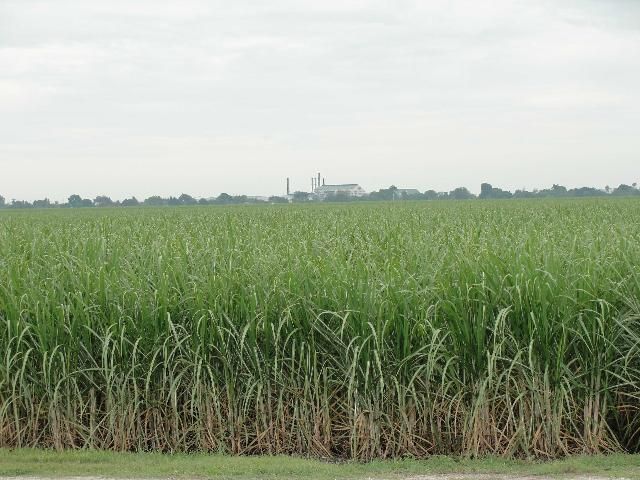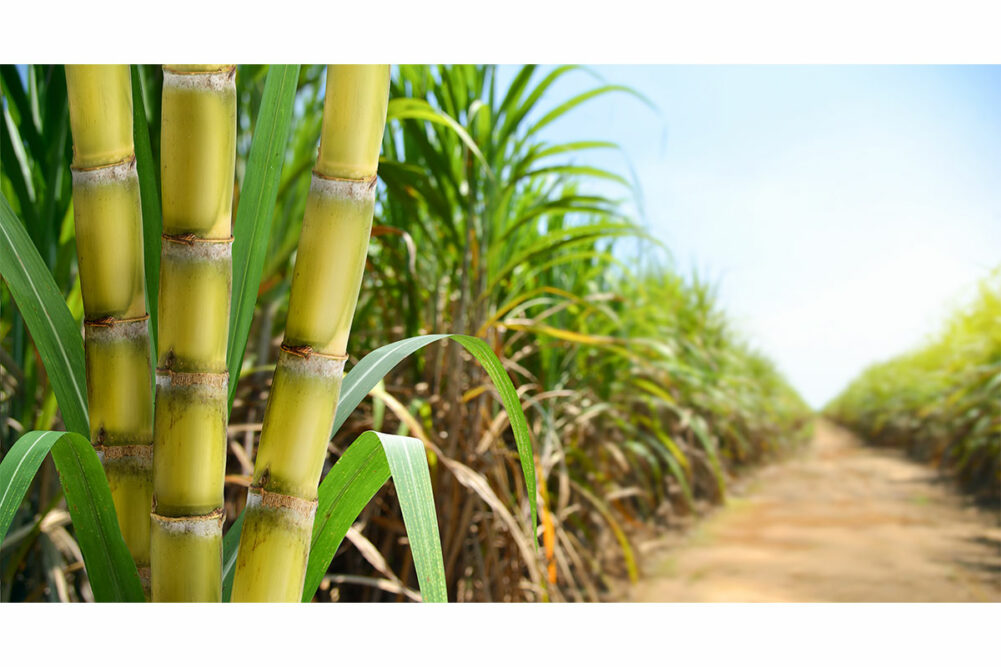Sustainable Sugarcane Products: From Sweeteners to Eco-Friendly Item
The capacity of sustainable sugarcane items prolongs past standard sweeteners to incorporate a range of green items, offering a compelling instance for their integration right into modern customer practices. As the globe grapples with pressing ecological concerns, sugarcane emerges as a versatile source capable of addressing both nutritional requirements and sustainability objectives.
Review of Sugarcane Sustainability
As the need for eco pleasant products grows, understanding sugarcane sustainability comes to be increasingly essential. Sugarcane, a versatile plant, is grown largely in subtropical and exotic regions, and its sustainability is essential for both ecological health and economic viability. Lasting sugarcane farming techniques concentrate on minimizing ecological influence while making the most of performance and productivity.
Key facets of sugarcane sustainability consist of effective land use, minimized chemical input, and enhanced water administration. Practices such as plant rotation, integrated insect management, and organic fertilizing add to dirt health and wellness and biodiversity. Furthermore, cutting-edge technologies, such as precision agriculture, aid maximize resource use and reduce waste.
Moreover, sugarcane is a renewable energy, with spin-offs that can be made use of in various markets, from biofuels to biodegradable plastics, therefore decreasing reliance on nonrenewable fuel sources and decreasing carbon footprints. Certifications like the Bonsucro common urge lasting practices across the supply chain, advertising transparency and liability.

Sugarcane-Based Sugar
Making use of sugarcane as a main resource, sugarcane-based sugar have gained importance as natural alternatives to artificial sweeteners and refined sugars (sugarcane product). These sweeteners, stemmed from the removal and processing of sugarcane juice, offer a series of items that satisfy varied consumer preferences, consisting of natural and minimally processed alternatives
Raw cane sugar maintains even more of the all-natural flavors and nutrients found in sugarcane, making it a favored choice for health-conscious consumers. Panela, a traditional Latin American sugar, is produced by evaporating sugarcane juice, preserving its all-natural minerals and vitamins.
The expanding need for sugarcane-based sugar is driven by increasing understanding of health and wellness and sustainability problems linked with conventional sugar. By picking sugarcane-derived items, customers not just support lasting agricultural techniques however also add to a healthier lifestyle, aligning their nutritional choices with their environmental values.
Eco-friendly Product Packaging Solutions
Becoming a viable choice to conventional plastics, eco-friendly product packaging solutions originated from sugarcane are transforming the packaging market. These cutting-edge materials give an environmentally pleasant option that addresses the expanding concerns over plastic air pollution. Using the all-natural sugars located in sugarcane, suppliers are developing various types of naturally degradable packaging, consisting of films, containers, and wraps that disintegrate much more rapidly than typical plastics.
The key advantages of sugarcane-based product packaging hinge on its eco-friendly sourcing and its capacity to damage down right into safe byproducts. Unlike fossil fuel-derived plastics, which can continue in the atmosphere for hundreds of years, sugarcane packaging typically decomposes within a few months under proper problems. This reduction in waste not just reduces landfill overflow yet likewise lowers the carbon footprint related to packaging materials.
Moreover, sugarcane-derived product packaging preserves robust efficiency features, using similar longevity and capability to traditional alternatives. As businesses and consumers increasingly prioritize sustainability, the fostering of eco-friendly product packaging services stands for a significant action in the direction of a circular economic climate, where products are reused and restored as opposed to discarded. This shift not just boosts brand image but also contributes to a Continue much more lasting future for the world.
Eco-Friendly Textiles and Fabrics
Green textiles and materials are gaining grip in the click here for info style and home products industries as consumers significantly require lasting options to typical materials. Among the notable choices are fabrics originated from sugarcane, which use an environmentally accountable alternative to synthetic fibers. These textiles are produced with a process that utilizes the sustainable resources discovered in sugarcane, significantly reducing dependence on petroleum-based materials.

As the market for sustainable fabrics expands, customers can look forward to innovative designs that integrate style with environmental duty. Inevitably, eco-friendly fabrics and fabrics stand for a significant action towards lowering the style market's ecological impact while providing to the expanding need for liable consumer options.
Advancements in Sustainable Farming
Changing agricultural techniques, technologies in lasting farming are changing the method crops are expanded and taken care of. These developments concentrate on lessening ecological effect while making best use of effectiveness and efficiency.

In addition, agroecology, which incorporates environmental concepts into farming, promotes biodiversity and soil health and wellness. Practices such as plant rotation, cover cropping, and intercropping foster durable ecological communities that can endure parasites and environment variations - sugarcane product. Furthermore, making use of natural fertilizers and biopesticides adds to much healthier soils and communities

With each other, these advancements are not only improving the agricultural landscape yet additionally adding to a much more sustainable future for sugarcane and other plants, lining up agricultural exercise with environmental stewardship.
Conclusion
Sustainable sugarcane products stand for a considerable development in environment-friendly alternatives, covering from all-natural sweeteners to eco-friendly products. The farming of sugarcane through sustainable techniques not only boosts environmental health and wellness but additionally adds to economic viability. As customer choices significantly lean towards sustainable alternatives, the convenience of sugarcane as a sustainable source ends up being increasingly pertinent. This trajectory underscores the importance of ongoing development and commitment to lasting methods within the sugarcane market, promoting an extra sustainable future.
The possibility of lasting sugarcane items extends beyond typical sugar to incorporate a range of environmentally friendly products, providing an engaging instance for their combination into modern-day customer methods. Lasting sugarcane farming practices concentrate on minimizing ecological impact while maximizing efficiency and success.
Lasting sugarcane products represent a significant advancement in eco-friendly choices, spanning from natural sweeteners to biodegradable items. The farming of sugarcane with lasting practices not only enhances ecological health and wellness but likewise contributes to financial practicality. As customer preferences increasingly lean in the direction of lasting alternatives, the versatility of sugarcane as a sustainable resource ends up being increasingly pertinent.